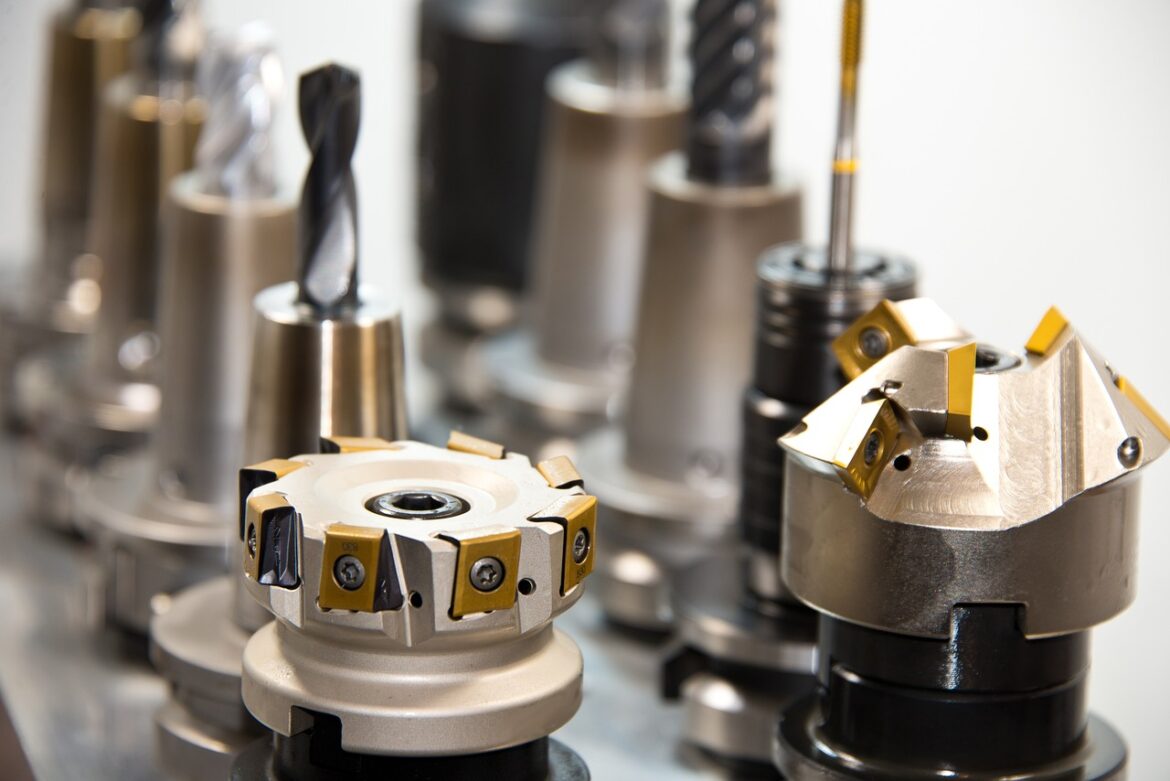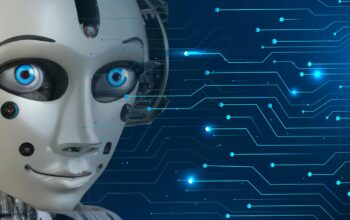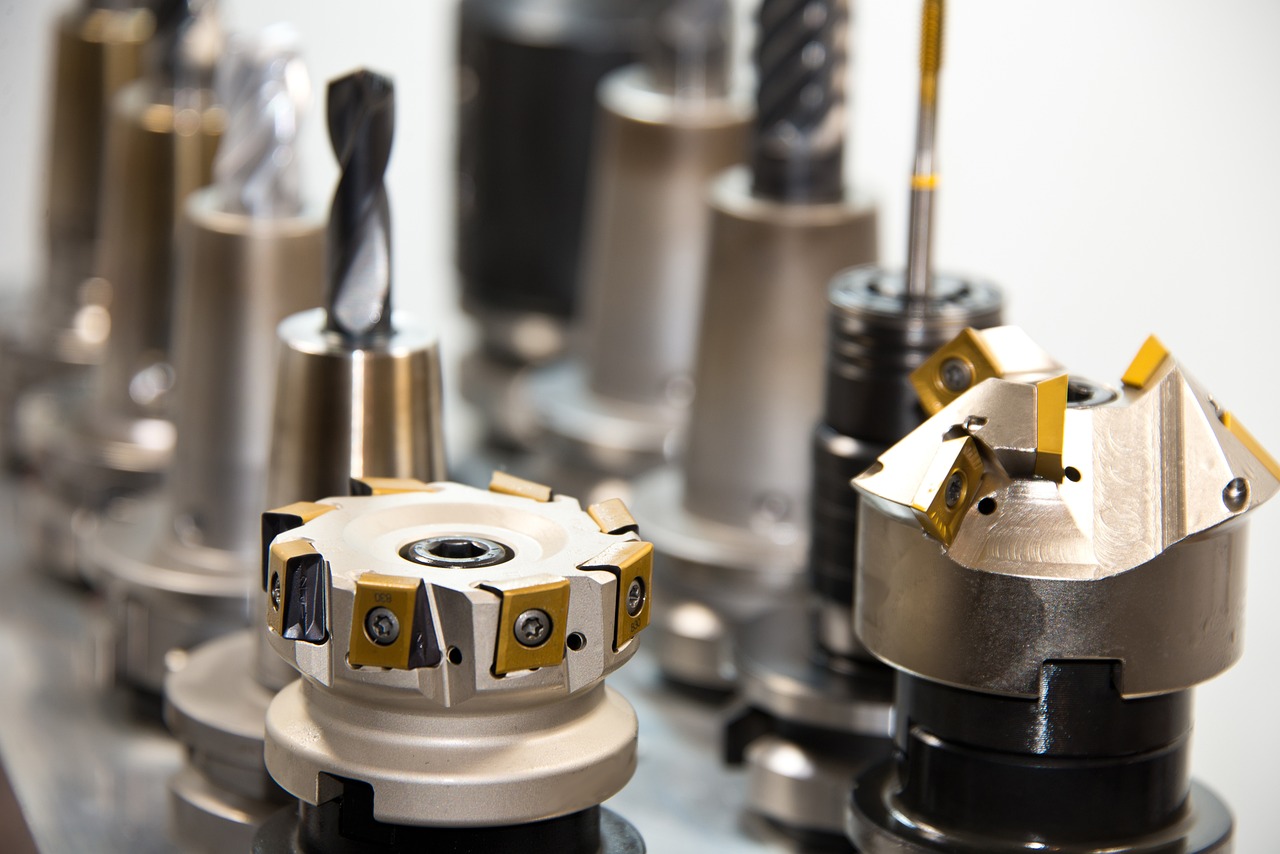
Challenges of Traditional Manufacturing
Traditional manufacturing is currently facing substantial challenges due to its reliance on outdated processes, manual quality control, and difficulty adapting to changing market demands. This situation is particularly concerning as firms struggle to maintain efficiency and product quality in a highly competitive landscape. According to research conducted by the Universities of Liverpool and Bristol in 2022, legacy manufacturing systems often lack the advanced sensing, real-time monitoring, and data analytics capabilities that modern operations require. As a result, these limitations hinder the ability to detect and correct defects early, leading to inefficiencies and quality issues that can significantly impact overall productivity.
Importance of Upgrading Legacy Systems
What is the significance of upgrading legacy systems in manufacturing?
The long lifespan of traditional process plants, which can extend up to 20 years, means that many existing machines may not be compatible with newer technologies. This incompatibility restricts communication between devices and limits the ability to leverage data for effective decision-making. The potential of digital retrofitting solutions is substantial, with studies indicating that implementing these systems can enhance operational efficiency by as much as 30%.

Role of AI in Manufacturing
How can artificial intelligence transform the manufacturing landscape?
Recent research published by the Asia Pacific Academy of Science highlights that AI can enable system-level analysis, human-robot collaboration, and real-time monitoring. The ability to conduct predictive maintenance is particularly crucial; manufacturers can reduce downtime by up to 20% through timely interventions. For instance, Bosch has successfully integrated AI across its operations, focusing on enhancing human efficiency rather than replacing workers.
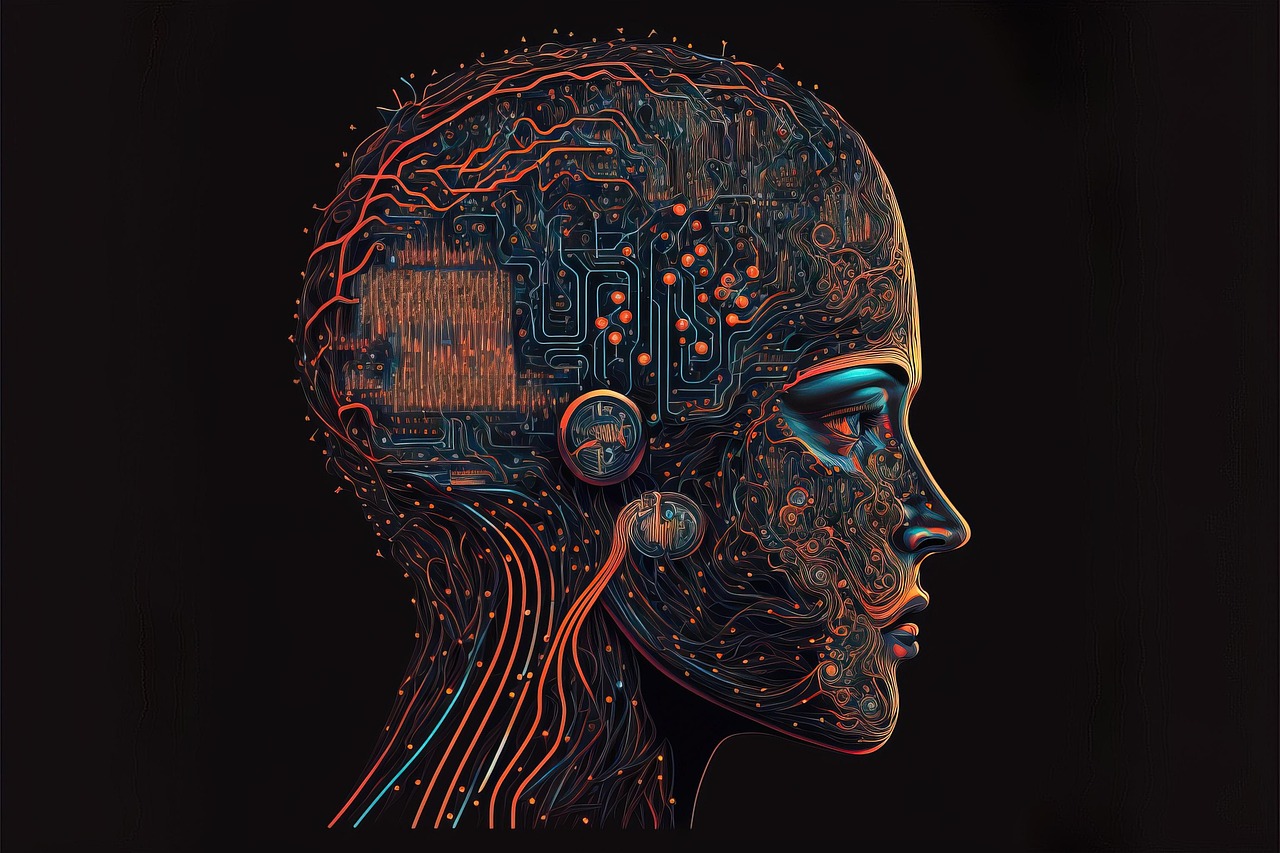
Insights from Bosch’s AI Strategies
What insights can we gather from Bosch’s approach to AI?
In a recent conversation with Dr. Steffen Hoffmann, Managing Director of Bosch UK, it was revealed that the company prioritizes ethical AI deployment. Bosch employs a dual strategy of democratizing AI within its workforce while enforcing ethical guardrails. This ensures that human oversight remains integral to AI-driven decisions, which is vital in maintaining trust and accountability in automated processes.
Transforming Precision in Agriculture
How is AI being utilized in agriculture?
Dr. Hoffmann discusses the application of AI in precision agriculture, specifically through targeted interventions. For example, an AI-powered image recognition system was developed to identify specific weed patches, allowing for selective spraying. This technology not only reduces chemical use but also lowers operational costs and enhances crop sustainability. Such advancements demonstrate that AI can yield measurable benefits in agricultural productivity.

Boosting Manufacturing Efficiency with AI
How does AI improve efficiency in manufacturing?
One notable example comes from Bosch’s utilization of AI in quality control. At two of its German plants, AI systems are employed to inspect fuel injection components, identifying variations and error patterns. This targeted approach has led to a 15% reduction in production cycle times during ramp-up phases. By offloading repetitive tasks to AI, human inspectors can focus on more complex issues, ultimately driving greater operational efficiency.
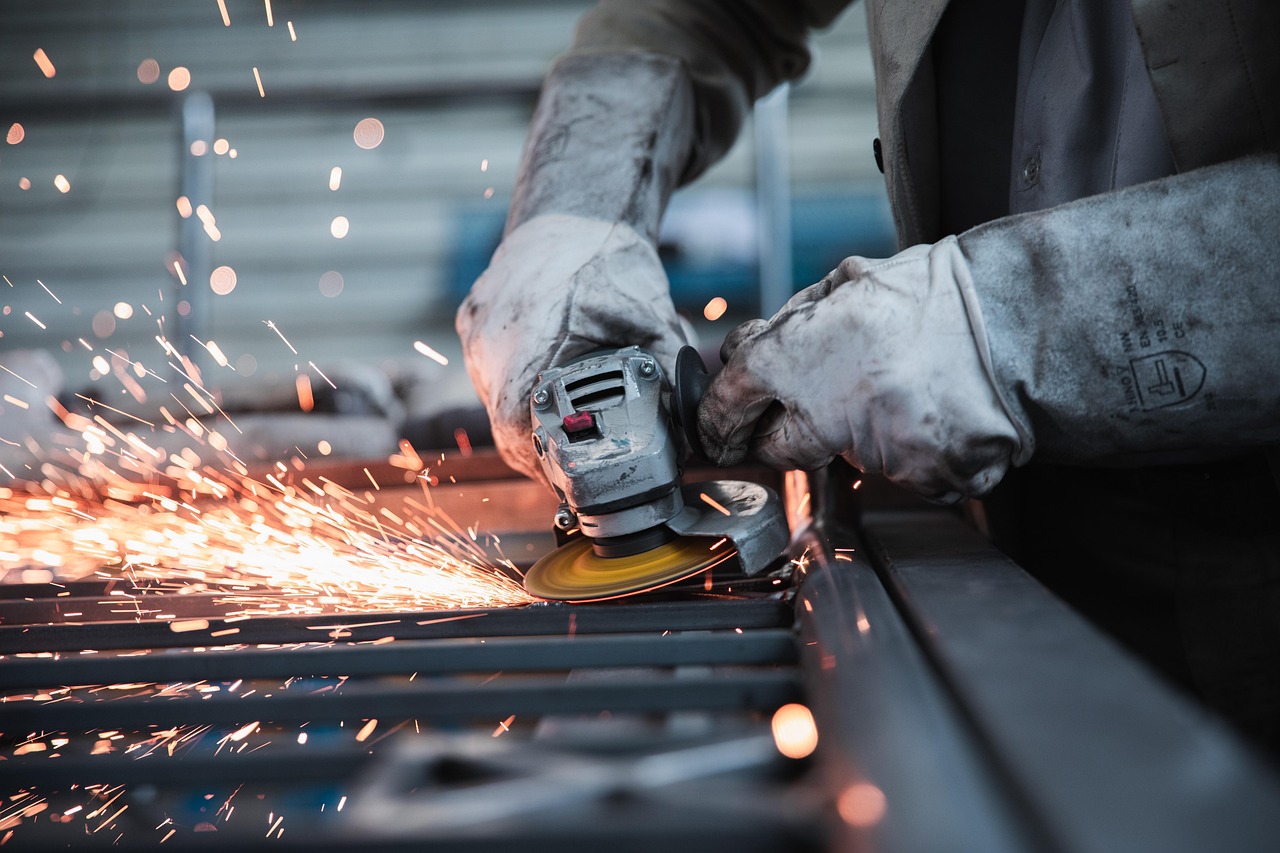
Cultivating a Culture of AI Accessibility
What steps is Bosch taking to ensure AI is accessible to all employees?
Bosch is fostering a company-wide culture where AI is viewed as a tool for everyone, not just specialists. To support this initiative, the company has implemented a basic AI training program that has reached over 65, 000 associates. This emphasis on broad AI literacy is crucial for empowering employees to utilize these technologies effectively. Furthermore, Bosch maintains a strong base of over 5, 000 AI experts who have collectively registered 1, 500 patents in the past five years, showcasing their commitment to innovation.
Ensuring Ethical AI Deployment
Why is ethics essential in AI deployment?
Dr. Hoffmann stresses the importance of having a human arbiter in AI-driven decisions, particularly in regulated industries like finance. This principle ensures that machines do not make decisions that affect people without human oversight. Although this may limit the scope of AI applications, it is a necessary measure for maintaining ethical standards. Dr. Hoffmann believes that applying these principles will lead to beneficial use cases in various industries.
Conclusion on the Future of Manufacturing
What does the future hold for manufacturing in light of these developments?
The integration of AI and digital retrofitting solutions into manufacturing processes can significantly enhance efficiency and product quality. However, companies must prioritize ethical considerations and ensure that human oversight remains a core component of AI deployment. By embracing new technologies and fostering a culture of innovation, manufacturers can navigate the challenges posed by legacy systems and secure a competitive edge in the market.
